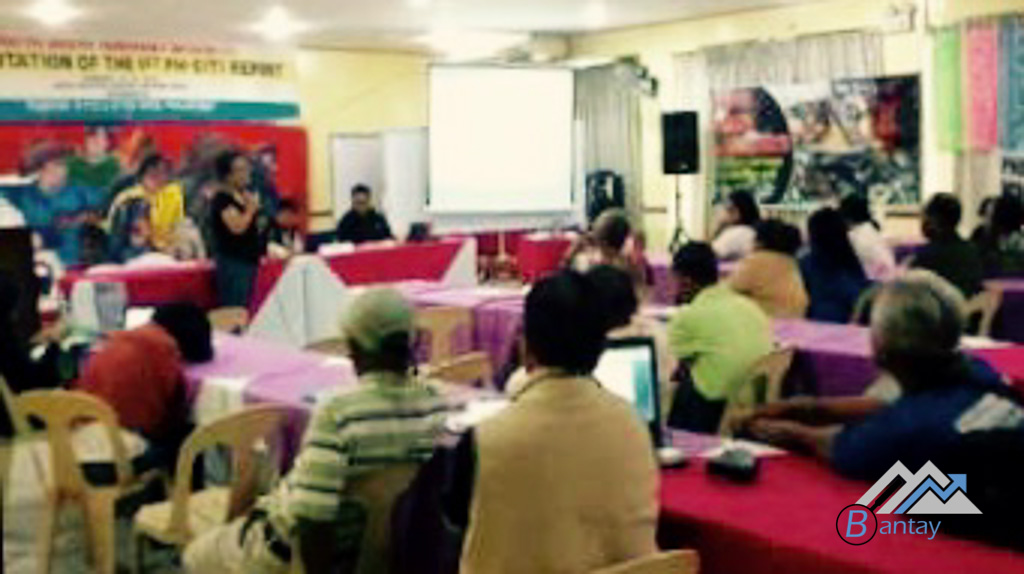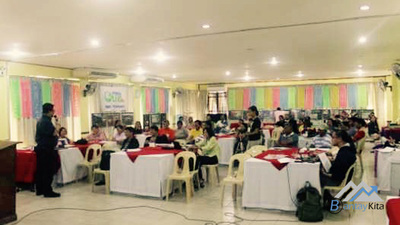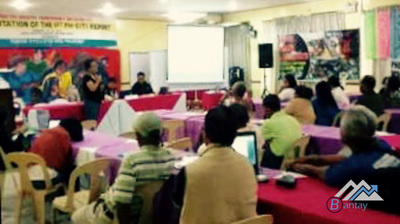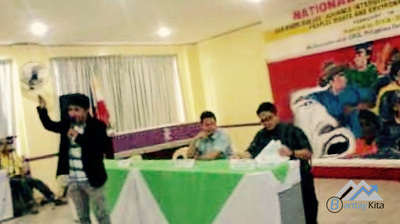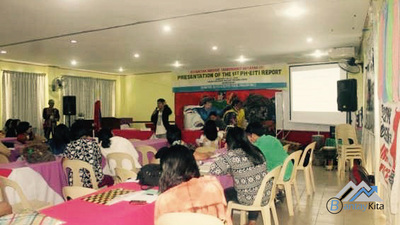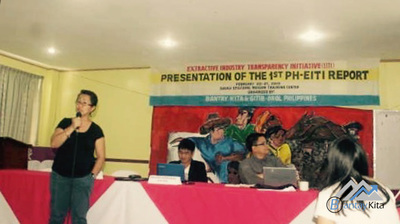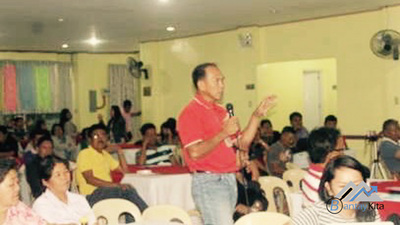|
Davao City – Civil society groups from Western Mindanao, Northern Mindanao, Southern Mindanao, SOCSKSARGEN and CARAGA gathered for a presentation of the findings from the first Philippine Extractive Industries Transparency Initiative (PH-EITI) report. The event was initiated by Gitib, Inc., a non-stock, non-profit, and non-governmental organization supporting indigenous peoples and marginalized communities, and was supported by Bantay Kita and Alternate Forum for Research in Mindanao (AFRIM).
With the culmination of the first PH-EITI Report, the conference provided a venue for the presentation of the findings to organizations and other groups engaged in the EITI process in Mindanao. “Mining companies claim that what they are doing is responsible mining. However, this may not be entirely true. They provide roads, facilities, and other kinds of infrastructure, but only for their own benefit. They should be transparent and accountable with the resources they use and how their operations can contribute to the sustainable development in the areas where they operate in. Without these, then there is no such thing as responsible mining,” said Starjoan Villanueva, AFRIM Executive Director. Villanueva added that it is not the role of mining companies to provide roads and bridges since these are public investments. According to her, it is the government’s role to provide basic infrastructures and utilities from the taxes that it collects. “Thus, mining-affected communities should not think that they owe these companies a big favor for providing these ‘development projects’,” she said. The CSO groups reported extractive activities in barangays Kalabugaw, Can-ayan, Namram, and Dao including small-scale mining, sand and gravel quarrying, and other development projects. These activities have made the communities vulnerable to flash floods, air pollution, water pollution, and famine and hunger due to the dislocation from their sources of livelihood. Aside from these, communities also reported incidences of child rights violations and land-grabbing. Ian Rivera of Our Rivers Our Life (OROL) Philippines added that the term “responsible mining” should be clarified because “it is the language of mining companies which the government adapts… It is only for the purpose of covering up the detrimental effects of mining.” Villanueva also raised that mining companies should not replace the government’s role in service delivery and poverty alleviation. By enhancing the companies’ corporate social responsibility (CSR) projects and social marketing strategies, the government tends to ‘abdicate’ its role and rely on mining companies to provide social services and livelihood opportunities through their Social Development Management Programs (SDMP) and CSR projects. “EITI cannot solve all the problems related to mining. However, we can try to work hard in exposing the necessary information in order to achieve transparency and accountability in the industry. The next step is to make the EITI process mandatory for both companies and government agencies. However, we should maintain the accuracy and truthfulness of these reports,” Roldan Gonzales of Gitib, Inc. said. Gitib, Inc. has been an active participant in the Extractive Industries Transparency Initiative (EITI) as part of the Multistakeholder Group (MSG) behind the initiative. The organization led the consultation with civil society groups and communities in Mindanao engaged in mining, human rights, and environmental advocacies.
2 Comments
Aurora Roxas-Lim
3/9/2020 11:04:28 am
The civil organizations are doing a great service to our communities by demonstrating the ill effects of mining and other extractive operations on people's livelihood and environment. Our
Reply
Leave a Reply. |
Previous Posts
May 2024
Topics
All
|
What We Do |
Know More |
About Us |
Contact Us
[email protected] | +(63) 917 5105 879 1402 West Trade Building, West Avenue, Brgy. Phil-Am, Quezon City, Philippines |

